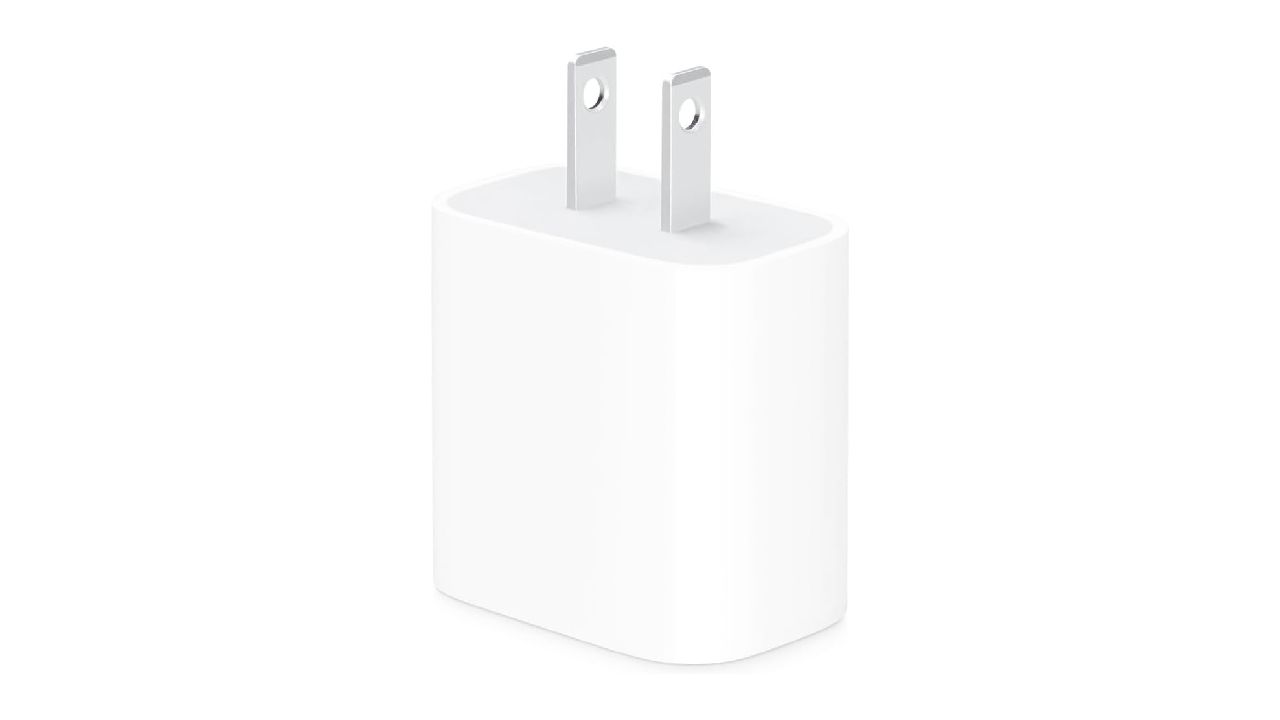How to Save Money on Cloth Washers
All household appliances are some of the largest electricity consumers; this is a good place to start your savings money in home. In this blog I will cover how we can save money on using Cloth Washers.
A standard clothes washer will cost almost $1,100 in energy to operate over its lifetime (based on 8 loads of clothes a week for 14 years, using 13,000 kilowatt-hours of electricity at an average cost of 8.6 cents per kilowatt-hour).
Here are some free tips to save money on using Cloth Washers
· Do laundry in cold water.
· If your neighborhood allows it, check out one of those "solar clothes dryers,” (It's a line stretched between two poles that allows you to hang laundry outside.) If clotheslines are prohibited in your area, try a discreet drying rack on your back patio or deck. Or, if you're not looking for that fresh-air-and-sunshine laundry smell, you can even set it up in a tub or shower stall.
· Up to 90 percent of the cost of washing clothes comes from heating the water, so use hot water only for very dirty clothes, and always use cold water in the rinse cycle
· A high-efficiency washer reduces water (and hence sewer) usage by about 40%. Hence the estimated operating costs over the life of the appliance will be reduced from $660 to $400 – a savings of $260.
· Hot water usage in high-efficiency machines is also reduced by about 40%. Since 90% of the energy costs of running clothes washer is for heating water and 10% is for running the electric motor the life-of-the-appliance energy costs are estimated to reduce from $1,100 to $700 – a savings of $400.
· By sorting into the proper groupings the water temperature required becomes automatic. There will be no guesswork involved. For instance, by washing all dark clothes together the normal hot water wash temperature can be lowered to warm.
· Place the washing machine near the hot water tank. Substantial amounts of heat can be lost as the hot water travels between the tank and washing machine. If the distance between them is greater than ten feet insulation should be added to hot water pipe.
· If the hot water pipe is attached to an outside wall the heat will be radiated out through the wall. Pipes should not attach directly to outside walls. Can be corrected by adding wooden spacers between the wall and pipes to insulate from each other.
· For small loads lower the water level accordingly. But, don’t lower water below half full even for very small loads. Too little water can result in clothes tangling and being damaged. They may even become entangled beneath the agitator.
· Overloaded washing machines will consume more electricity as the motor strains to move the excess clothing. It also leads to problems associated with poor removal of the lint from the machine. Persons who overload waste energy because clothes often have to be rewashed.
· If your washer has an auto fill feature considers its use. The machine will automatically fill to the proper level. It compensates for load size and will use less water. Auto temperature will mix the cold and hot water as it enters the machine.
· For washing machines with an accessible water filter, clean them after every second load. Proper water flow will lower time required to obtain a clean wash. If excess lint builds up in the filter it can re-deposit back into the clothes. This will require the clothes to be rewashed.
· Any washer that consistently goes out of balance is wasting energy. Restarting the washing machine is usually accompanied by it being refilled with water by the homeowner. This wastes both water and electrical energy. An unbalanced load may leave clothes damp at the end of the cycle. This is inefficient because the clothes will have to by spun again. Any excess water left in clothes will result in unnecessary extra time in the clothes dryer.
· Use gas instead of electricity for heating cold water
· Use Front load washer

No comments:
Post a Comment